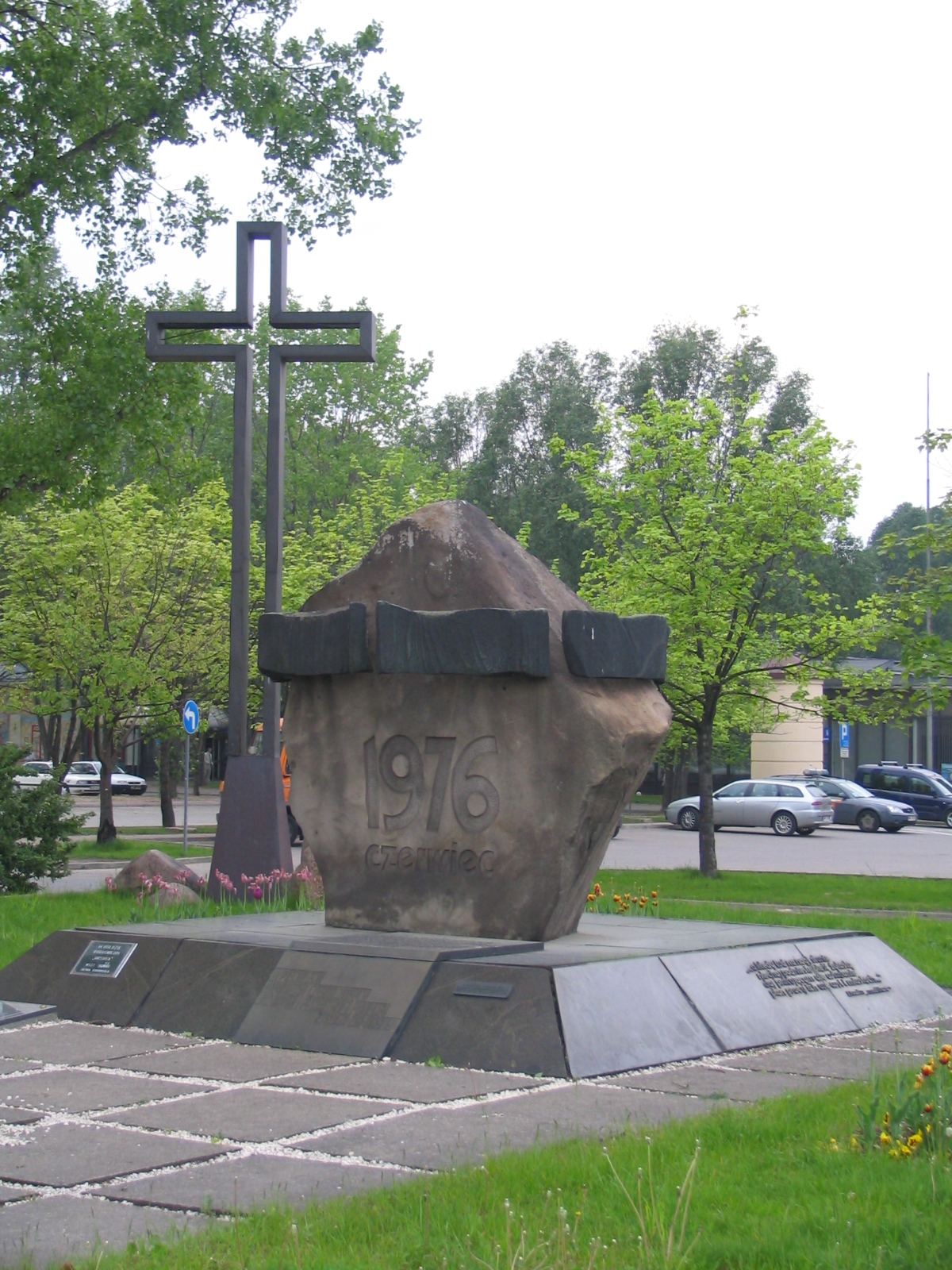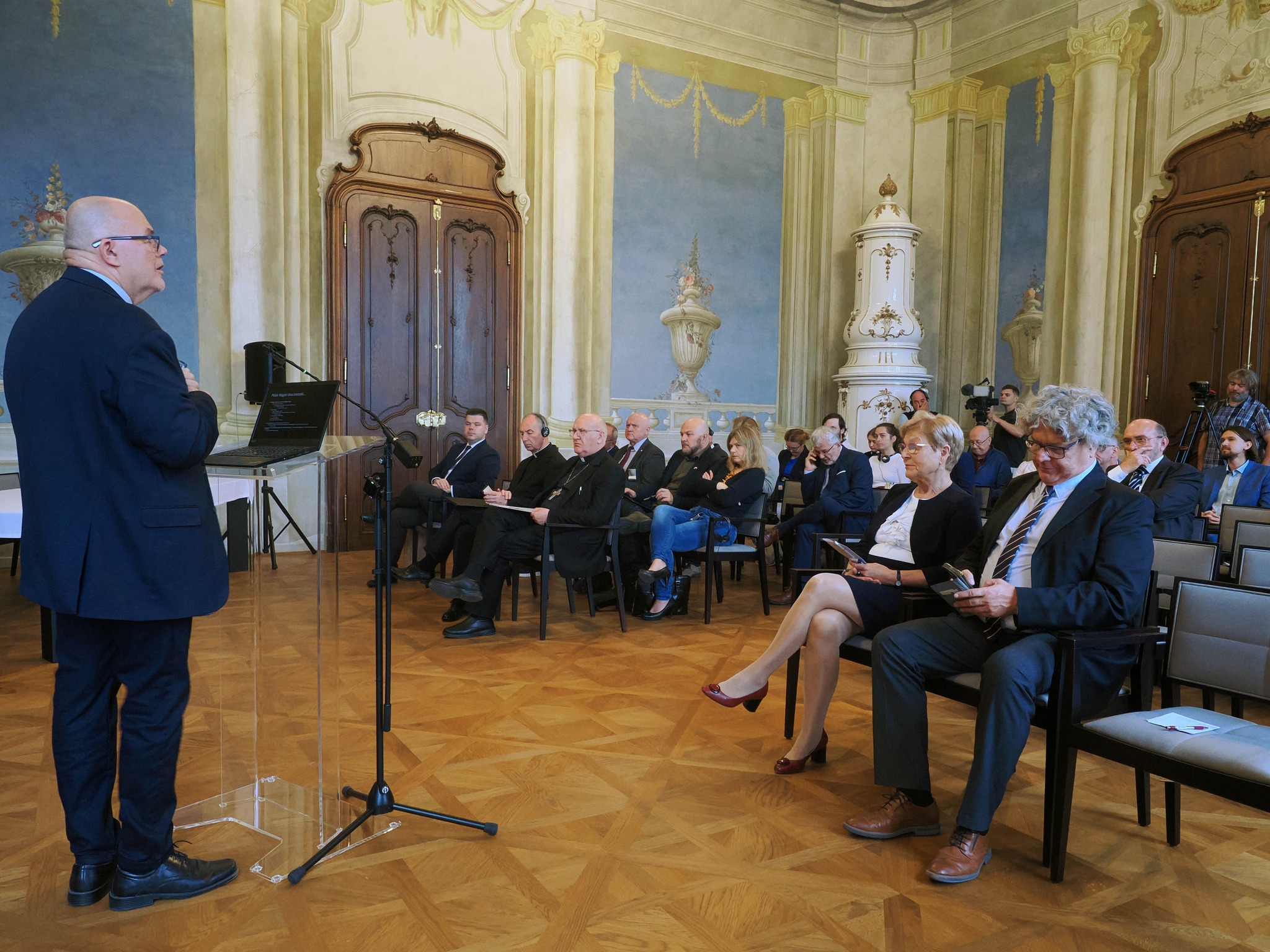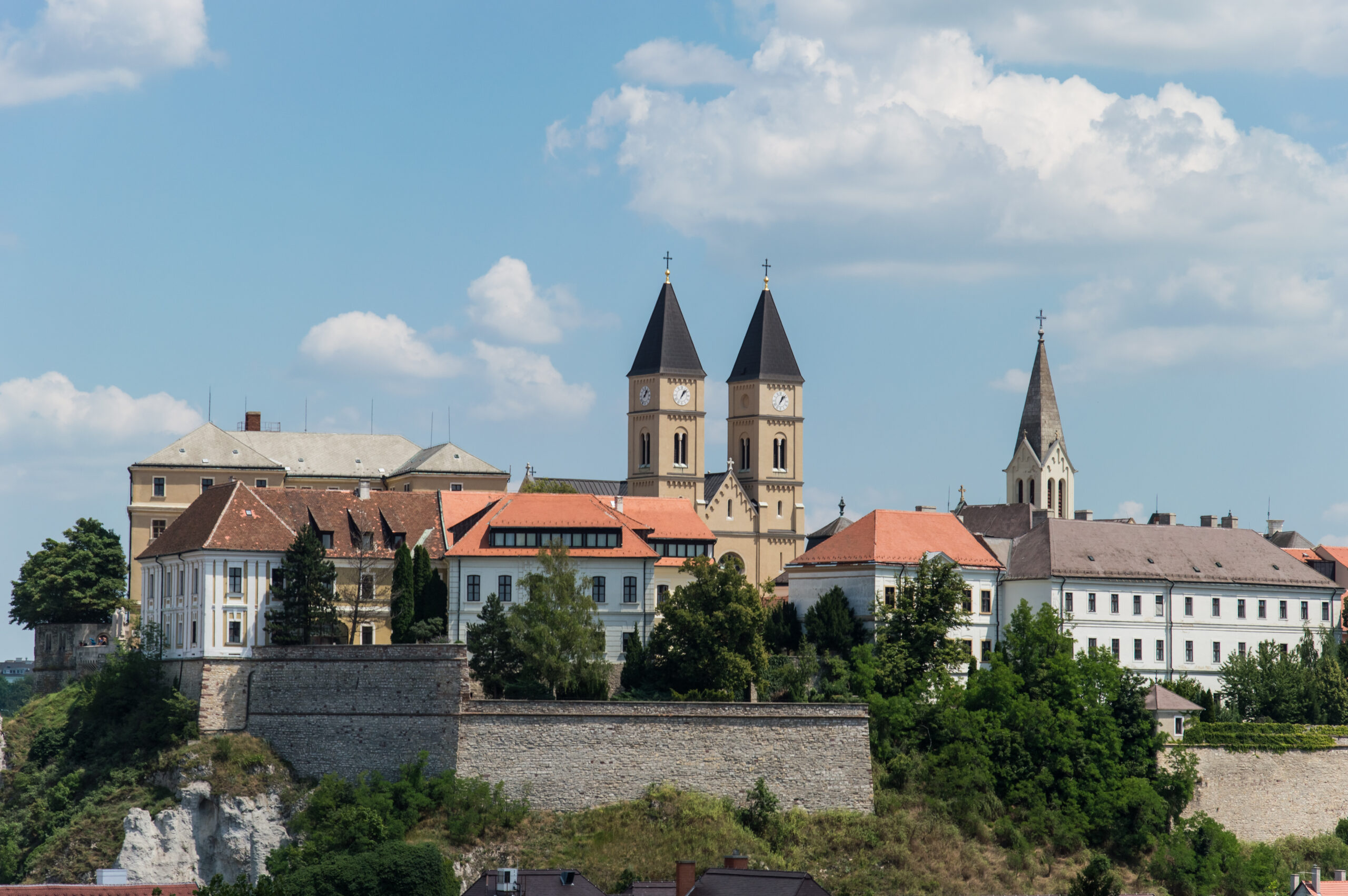1970s – the prelude to ‘Solidarity’ – Warsaw
Fact of the Polish figure „The Gdansk Shipyard – 1980″
Part of the „Dreaming about the democracy” topic
In December 1970, Edward Gierek replaced the highly unpopular Władysław Gomułka as the First Secretary of the Polish United Workers’ Party (PZPR). Soon, he launched a program of massive investments funded by large foreign loans, which temporarily boosted the economy of the Polish People’s Republic. The apparent prosperity was short-lived, and the country spiraled into a severe crisis. The government attempted to manage it by implementing significant tax increases, leading to a wave of nationwide strikes in June 1976—the largest in Ursus, a district of Warsaw, as well as in Radom, where approximately 20,000 protesters demolished and occupied several factories and public institutions. The subsequent repression against the protesters resulted in the formation of the independent Worker’s Defense Committee (Komitet Obrony Robotników), whose many members, within a few years, helped to kick-start the ‘Solidarity’ movement. In the same year, the state was forced to introduce rationing of commercial products like sugar for the first time in two decades. Despite these efforts, access to basic goods became increasingly limited for ordinary people. Discontent continued to grow. What undoubtedly strengthened the Polish people in the years to come against the communist regime and its failing propaganda was the papal election of Karol Wojtyła, archbishop of Cracow, in 1978. As Pope John Paul II, he visited his homeland the following year, gathering and inspiring thousands—many of whom would participate in the crucial changes of the upcoming turbulent decade.





